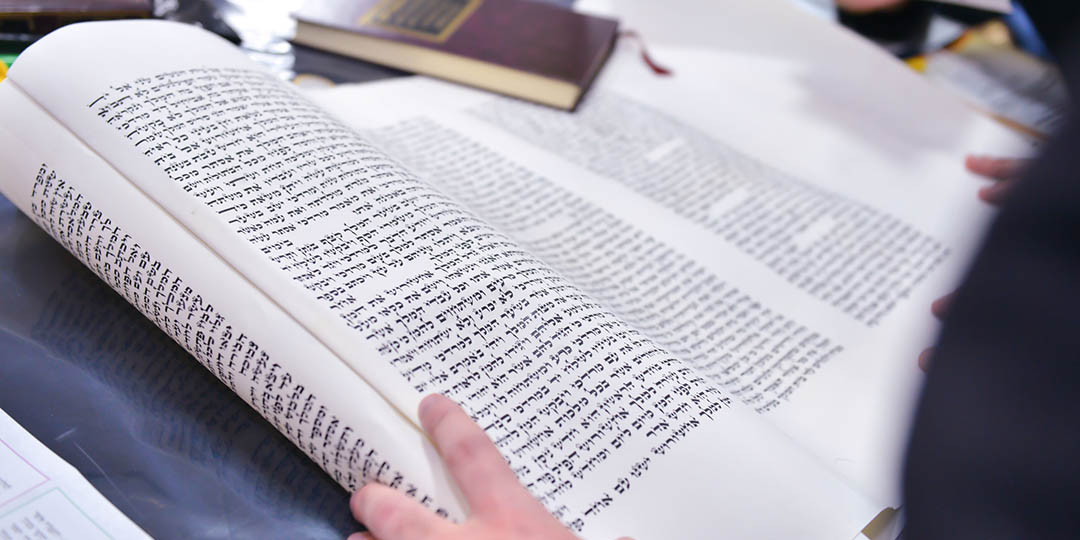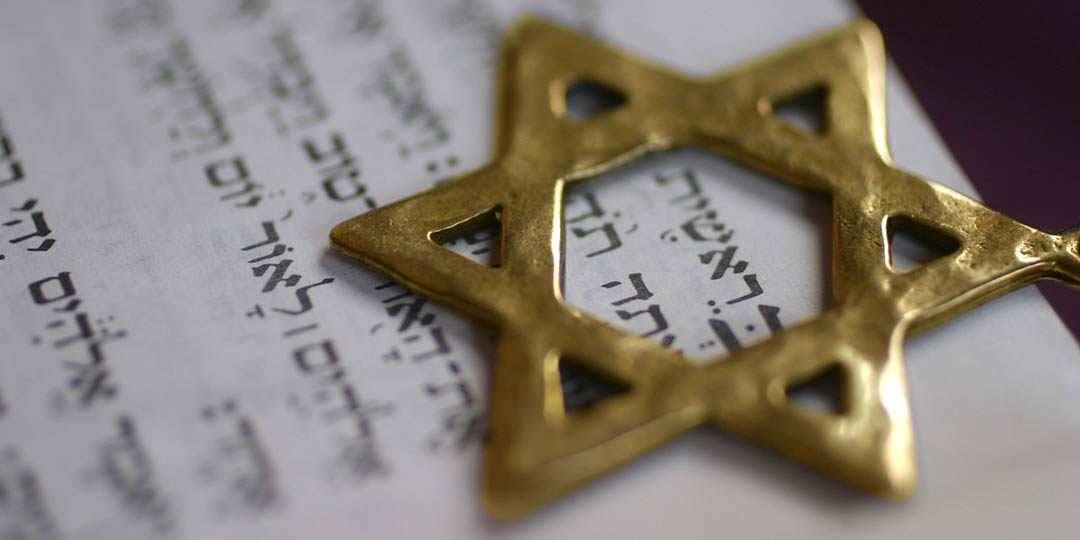
8 Advanced Hebrew Words With No Direct Translation
The truth is, while learning the Hebrew language isn’t easy, it is indeed the language of the Bible with an endless list of magnificent words and phrases. On the same note, modern Hebrew has a fast-paced, ever-changing language with vibrant idioms, fun slang, and expressions. And these phrases convey specific, nuanced meanings when used correctly.
Like many languages, Hebrew contains unique words and phrases that cannot be directly translated into English. But once you learn these words from any reliable Hebrew Course Online, you are unlikely to manage without them.
Here are 8 of the trickiest Israeli words without direct translation.
1. CHAVAL AL HAZMAN
This is a phrase used frequently, and it translates to “shame on the time.” In simple words, it is an exclamation of how breathtaking something is, used commonly to refer to incredible events or something exciting. Suppose you’re asked, “how was the party?” you reply with “it was chaval al hazman” if it was amazing. Some people shorten the phrase into a single word: Chavlaz.
2. KOEV LI HALEV
The phrase roughly translates to “my heart hurts” and is used to suggest empathy for someone or something. It can also be used as an expression to identify someone’s suffering that makes your own heart twinge.

3. NESHAMA
Neshama is a word similar to “sweetie,” but precisely means “soul.” When combined with “neshama sheli,” it expounds to mean “my soul.” Both men and women can use this word to express their feelings about how important their partners are.
4. SOF HA’OLAM SMOLAR
When asking for directions to obscure places, this is the expression you’re likely to hear. It means “the end of the world, to the left” with the closest English translation of “in the middle of nowhere.” For example, if a person asks, “Where’s the event being held?” The other person’s answer would be, “it’s sof ha’olam smolah,” (“Way off in the middle of nowhere.”)
5. LA’ASOT CHAIM
This is one of the most uncomplicated and plain phrases you say to someone about to embark on a journey, travel, or do something exciting. In other words, it means “to do or make life.”
6. SOF HA’DERECH
Literally, this phrase translates to “end of the road” — recalling a similar meaning to the idiom “sof ha’olam smolar.” However, this expression is used differently and describes a unique state for when you lack literal words to express your emotions. ‘Sof ha’derech’ can be used in Hebrew slang to mean something along the lines of ‘this was so amazing, I’m speechless!’
7. KAPARA ALECHA
The word Kapara is commonly used for an old ritual orthodox Jews did during the day of atonement (Yom Kippur). This gives the phrase, Kapara Alecha, the translation “Atonement over you.” it is otherwise used frequently as “darling” or “sweetie.”
8. YALLA
Yalla is an Arabic word, but it is commonly used as a Hebrew slang to mean “let’s go.” This word is used in so many ways. For instance, when nearing the end of a call conversation and one party says “yalla,” it means it’s time to hang up. Generally, Yalla can be used as verbal punctuation.
Learning Hebrew Online with LanguageBird
You don’t have to be Israeli to translate or understand the meaning of Hebrew words, phrases, and expressions without direct English translations. But you can use them to make responses different from your everyday default. If you want to learn more Hebrew words without direct translation, we here at LanguageBird offer accredited online Hebrew classes. Contact us to get started today!




